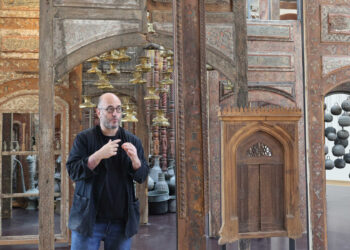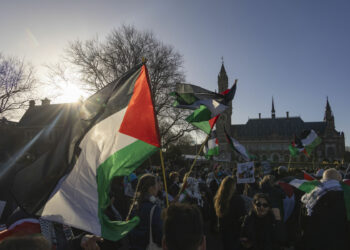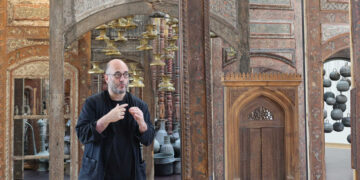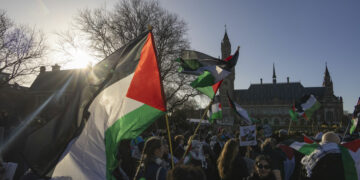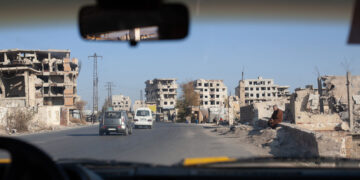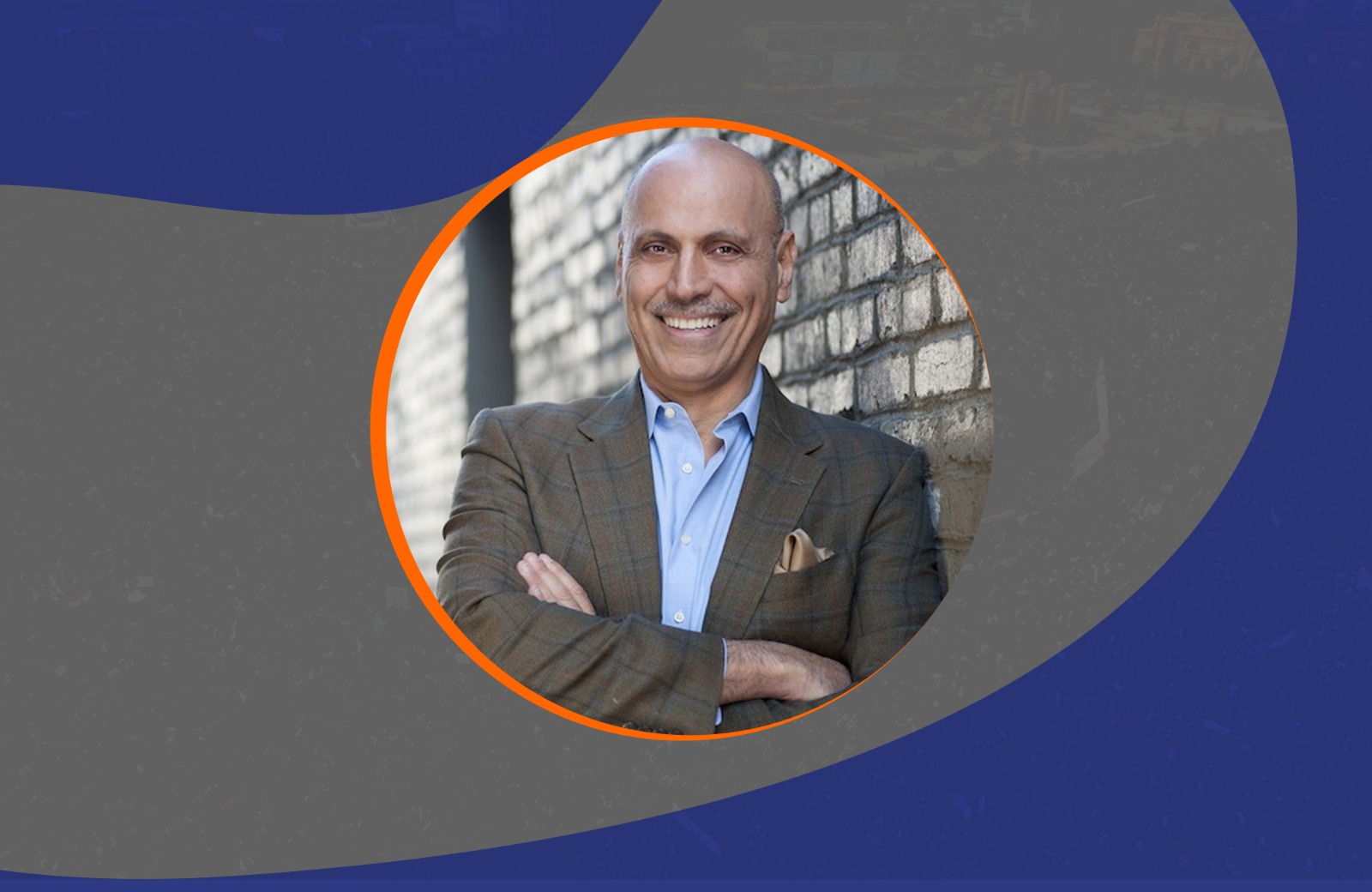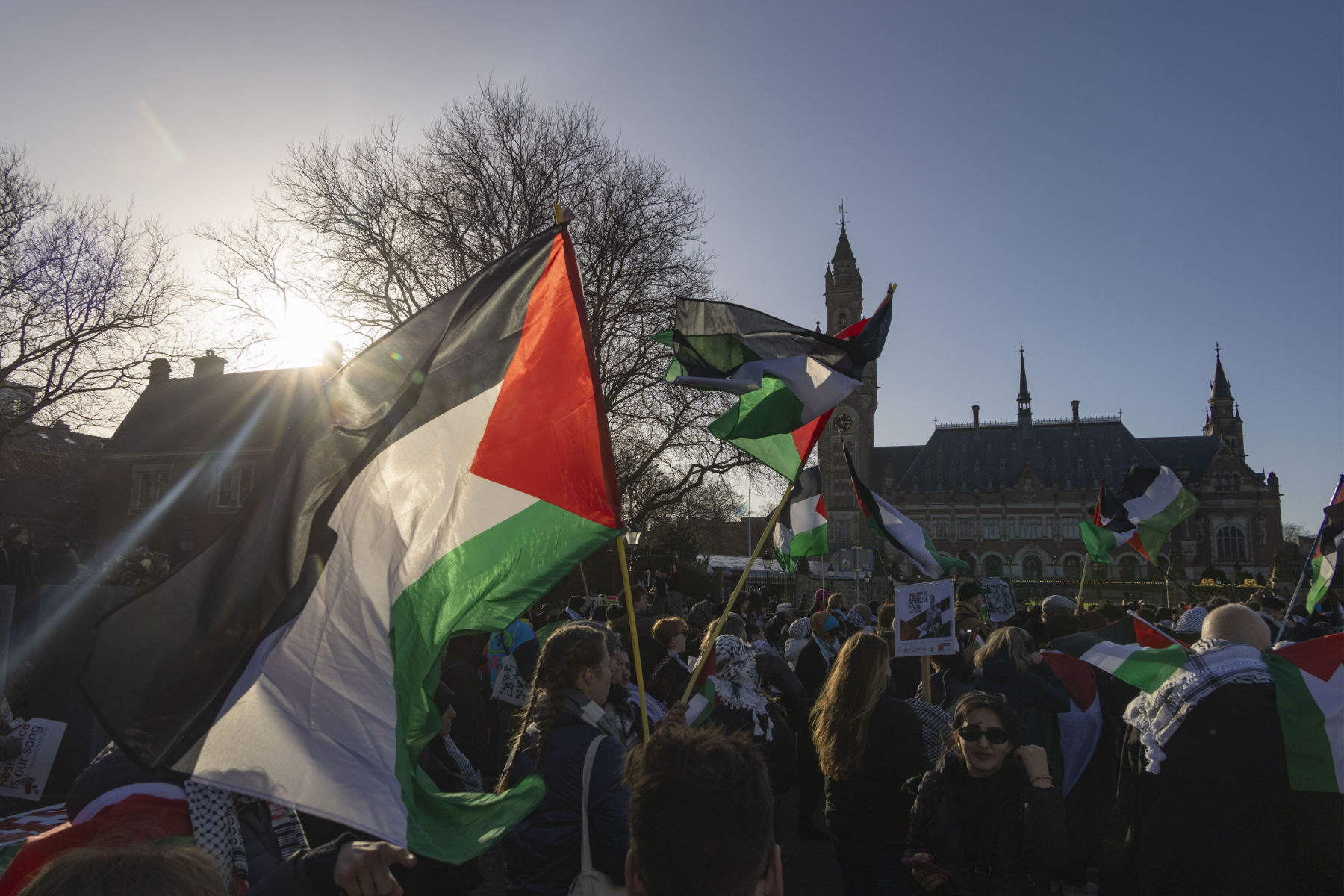Luai A. AlSadiq is a graduate lecturer at George Mason University
October 2 marked the second anniversary of the tragic assassination of the Saudi dissident and Washington Post journalist Jamal Khashoggi by Saudi agents in the Saudi Arabian consulate in Turkey.
Two years after his murder, Khashoggi has become the gift that never stops giving to freedom fighters in Saudi Arabia. While he worked relentlessly on promoting democratic reform as a Saudi dissident in Washington, D.C., his death has inspired countless others to follow suit. You are reading this article on the website of DAWN (Democracy for the Arab World Now), the organization he was helping to build when he died.
The events since his death brought to light some fundamental limitations at the core of the Saudi regime, which highlight the need he had perceived for immediate and meaningful reforms. The recent trial carried out by the Saudi regime against Khashoggi's assassination team exposes a structural flaw that renders the current leadership totally incapable of any meaningful reform.
In September, the trial court handed out sentences ranging from 10 to 20 years in prison to eight unnamed defendants convicted of crimes associated with Khashoggi's gruesome death. (A separate trial, with 20 defendants being tried in absentia, was opened in Turkey in July.)
International observers have said those on trial in Saudi Arabia served as scapegoats for higher-level authorities who approved and organized the killing. For these observers, the flagrant cover-up entangled the Saudi regime in a taxing public-relation blunder. Wouldn't it have been much less costly for the Saudis to pretend to have a plausible sense of justice and hold a serious trial for all parties involved in the botched operation? After all, autocratic regimes are known to sacrifice even those closest to them whenever the interest of the regime calculates such a move would be beneficial.
Yet the Saudi regime failed to do so, in an apparent effort to protect a fragile element within its internal structure: an element that was exposed by the unparalleled activism of Khashoggi, and will surely be exploited by those who follow his steps.
To understand how Khashoggi's work trapped the Saudi regime in a corner, I turn to the work of the prominent political economist and MIT Professor Daron Acemoglu and his concept of "Paper Leviathans," which falls within the broader taxonomy of corrupt political systems.
According to Acemoglu's thesis, Paper Leviathans are highly dysfunctional forms of government for their citizens, but provide highly secure platforms for despots to operate with impunity. The backbone of such systems depends on an entangled web of interpersonal connections between political elites who operate within circles that facilitate high levels of inner trust and mutual interests. The web is reinforced by monetary kickbacks and high positions within the government to keep the network intact. Qualification and hard work play little to no role in appointments and promotions, especially at the higher levels of government.
As a result, Paper Leviathans have very limited state capacity for meaningful development and economic growth. Yet due to their robust interpersonal web, the leadership can effectively protect the inner network from any outside risks and will respond ferociously toward any agents who might seek to expose the sheer incompetence of the system.
When Khashoggi advocated within the pages of the Washington Post for meaningful reform within the Saudi regime, his writings brought into public view the inner web of the Paper Leviathan. Shedding light on the corrupt elements within the regime was going to expose the superficial touch-ups that it was promoting as real reform, brought by Crown Prince Mohammed bin Salman and his new generation within the monarchy. At some point, an embarrassing amount of political pressure would be placed on the regime to dismantle its inner web.
Since such a price was too high for the regime to bear, the inner web decided that Khashoggi had to go. After the botched operation was exposed, the Saudi regime got placed into a more dire situation – having to choose between a seemingly genuine pursuit of the plotters via a fair trial, or maintaining the vitality of the Paper Leviathan's inner network. A genuine trial that would sacrifice all, or at least most, of the involved accomplices was a no-go as it would have seriously undermined the Paper Leviathan itself.
In light of such a political paradox, we can better understand why the Saudis have trapped themselves in endless public relations setbacks and diplomatic blunders. What seemed to many as a poorly calculated strategy to close the Khashoggi case was in fact a perplexing dilemma that left the regime truly paralyzed. The murderers were not professional government agents accepting risky missions and agreeing ahead of time to brave the risks involved; they were cronies and well-connected accomplices within the network of the Paper Leviathan. Sacrificing the failed agents to preserve the image of the regime would not work at all. On the contrary, it brought into question the robustness of the internal network and the longevity of the Paper Leviathan itself.
So, as a last-resort move to preserve what remains of the regime's image, it came up with the sham trial that ended in September. But despite offering up scapegoats, the Saudi regime will not be able to stop what Khashoggi already had set in motion. While Saudi Arabians may have agreed to accept a tyrannical regime in the hope of getting some economic development in return, both Khashoggi's legacy and his murder trial have revealed that economic development and Paper Leviathans are more diabolically opposed than politically aligned.
Indeed, what the regime set in motion has not stifled opposition. Instead, it could potentially reshuffle the deck of political cards in the kingdom and turn long-standing political suppositions on their head. Premises such as tolerating tyrannical despots in hope of some economic development that never materializes would be challenged. Such shifts in people's attitude, if widely embraced, may in fact crumble the Paper Leviathan and usher in a new DAWN of freedom, democracy and equality in Saudi Arabia, and the rest of the region as well.
***
Photo caption: A Saudi Arabian flag flies behind barbed wires at the Saudi Arabian consulate in Istanbul on October 12, 2018. – Saudi Arabia's ambassador to Britain expressed concern about the fate of a journalist who vanished after entering its Istanbul consulate last week.But Prince Mohammed bin Nawaf al Saud told the BBC he needed to wait for the results of an investigation before commenting further about Jamal Khashoggi's fate. (Photo by OZAN KOSE / AFP) (Photo credit should read OZAN KOSE/AFP via Getty Images)


















